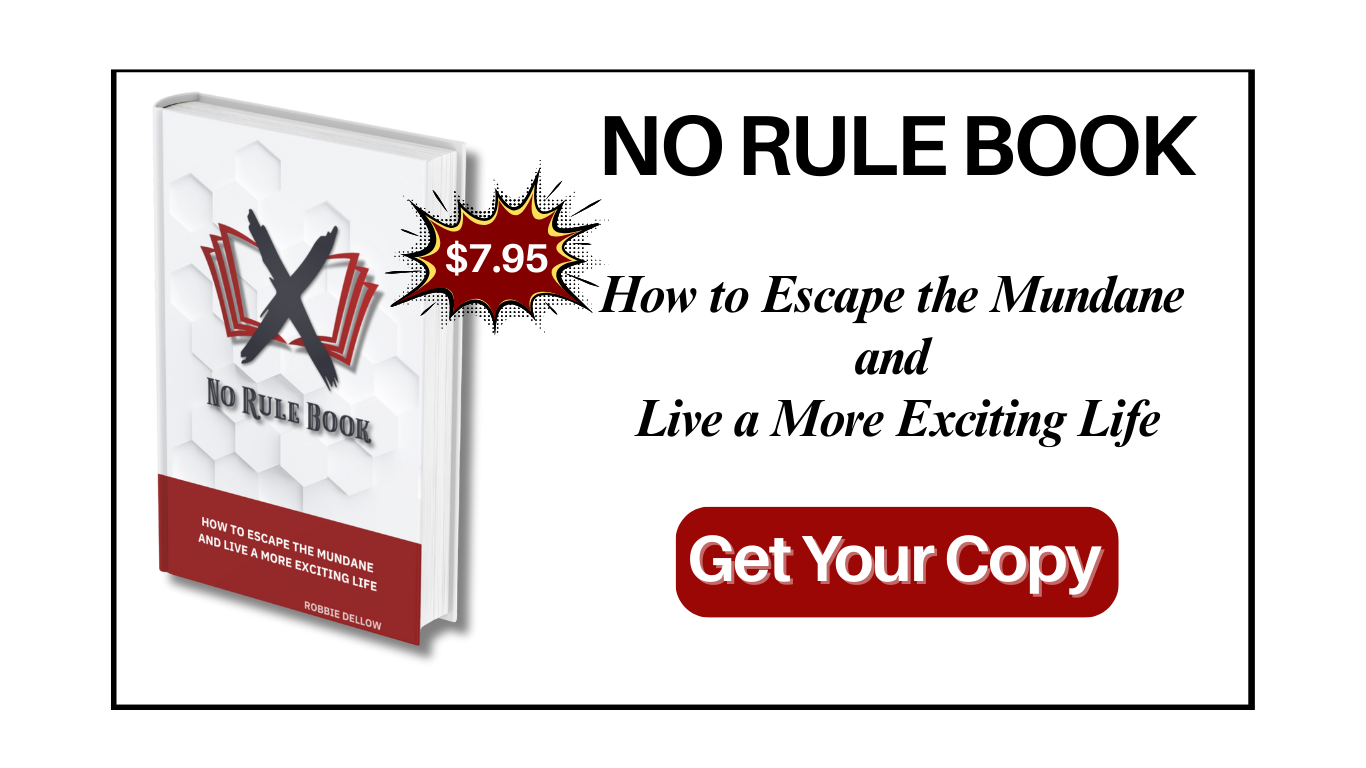In the early 2000s, GameStop was a household name for gamers. Its strip-mall stores offered the latest in video game consoles, discs, and trade-ins. But by 2020, the company was seen as a relic—an old-school brick-and-mortar dinosaur, in a world that had now gone digital. Wall Street hedge funds were very confident GameStop would fail : The stock price was falling, and they were betting big on this trend. Through their tried and proven methods of valuing a company’s stock these financial gurus could see that the company would eventually fail.
But then, totally unexpectedly, everything sensationally changed, and the traditional rules of stock market trading were turned on their head.
This is the story of how GameStop went from a fading retailer, into the eye of a financial storm, gaining huge global media coverage. How the trading platform Robinhood became both the hero and villain, and how a scrappy band of everyday mum and dad investors turned Wall Street on its head.
📉 The Setup : GameStop on the Brink
By 2020, GameStop was struggling. Digital downloads, streaming services, and competition from giants like Amazon, had left the company bleeding cash. Institutional investors – hedge funds like Melvin Capital – began heavily shorting GameStop stock. In simple terms, they were betting it would fail.
Short selling involves borrowing a stock and selling it, hoping to buy it back later at a lower price. The bigger the fall, the more money they make. For GameStop, the volume of shorted shares actually exceeded the number of shares available – an unusual and risky setup.
🧠 The Rebel Investor : DeepF***ingValue
Enter Keith Gill, a.k.a. “Roaring Kitty” on YouTube and “DeepF***ingValue” on Reddit. Gill was a former financial advisor with a unique take : He believed GameStop wasn’t worthless. His contrarian view argued that the company had strong fundamentals, and had recently appointed a new board member (Ryan Cohen, founder of Chewy) who could potentially turn things around by pivoting the GameStop business model to digital.
Gill started posting about it on WallStreetBets, a Reddit forum known for memes, moonshots, and unapologetic risk-taking. His due diligence was thorough. He wasn’t just gambling – He was betting against the conventional investing rules of the old guard.
🚀 The Squeeze : When the Internet Fights Back
In early 2021, retail investors rallied behind GameStop. Many were inspired by Gill, but others were driven by a bigger cause : Fighting back against hedge funds they saw as manipulative and elitist.
As more people bought GameStop shares, the price started to rise rapidly. This triggered a short squeeze : Short sellers were reluctantly forced to buy back shares to cover their positions, which drove the price even higher. It was a feedback loop of financial chaos.
GameStop rocketed from around $20 to nearly $500 per share in late January 2021.
📱 The Robinhood Controversy
Robinhood, the trading app with the tagline “democratizing finance for all,” became the go-to platform for many of these new retail investors. It offered commission-free trades and a slick mobile interface, making investing feel accessible to all – Sometimes too accessible.
But on January 28, 2021, Robinhood halted buying (but not selling) of GameStop and several other “meme stocks.” The move enraged users. To them, it looked like Robinhood was protecting Wall Street elites at the expense of everyday investors.
In reality, Robinhood claimed it was a liquidity issue – They didn’t have enough collateral to meet clearinghouse requirements due to the unprecedented trading volume. But the optics were brutal, and trust was broken.
🏛️ Fallout and Repercussions
Congress got involved. Keith Gill testified in a now-famous hearing, calmly explaining his position and saying, “I like the stock.” Hedge funds like Melvin Capital suffered billions in losses. Robinhood faced lawsuits, Public Relations disasters, and regulatory scrutiny.
GameStop used its moment wisely. The company raised capital, embraced e-commerce, and brought in tech-savvy leadership. While it never returned to meme-fueled highs, it’s still alive -Transformed, but not dead.
🧨 A Revolution in Investing
More than just a stock story, GameStop became a symbol. It represented a generational shift in how people view investing:
- Traditional wisdom said : Follow the fundamentals, trust Wall Street analysts, avoid the hype.
- Reddit traders said : Fundamentals matter, but narrative matters more. Community, memes, and rebellion can influence and drive the stock market too.
Retail investors began challenging institutional norms, using social media as their Bloomberg terminal and Reddit threads as their research hubs. It was messy, chaotic, and sometimes irrational – but it was real power in the hands of the many.
GameStop’s rise shows what happens when people challenge old assumptions — it fits with many companies that broke the unwritten rules in business.
🎯 Final Thought
The GameStop saga wasn’t just about a stock. It was about frustration with the system and its traditional rules, the rise of a new investor class, and the realization that the markets aren’t just dominated by suits in skyscrapers – They’re also shaped by the people on Reddit, YouTube, Discord and other platforms.
GameStop showed us what happens when the little guys get together and decide to play by their own rules — and they even sometimes, win. This is the NoRuleBook playbook.









